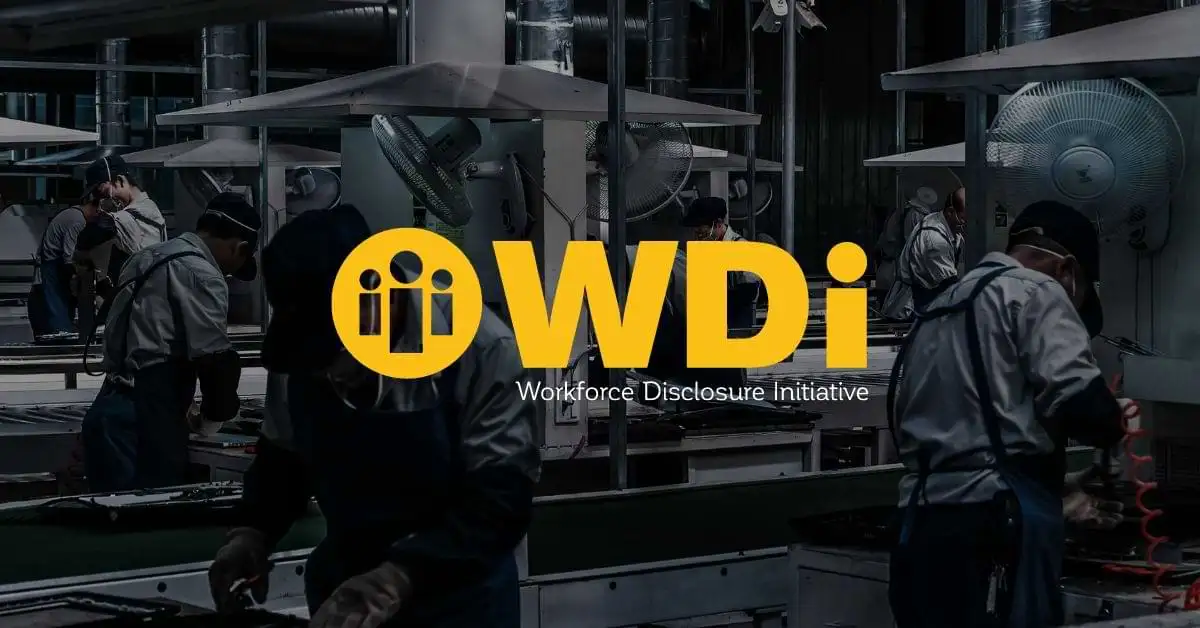In 2013 just two FTSE100 companies were living wage accredited employers. Today, that is up to 40.
The Living Wage Coalition, convened by ShareAction and long supported by EdenTree, demonstrates the importance of collaborative engagement by a range of investors and other stakeholders in bringing about lasting impacts. We are encouraged by the progress that has been made to date – focused on asking FTSE100 companies to accredit as Living Wage employers.
We would of course like to see more FTSE100 companies committing to being Living Wage accredited employers, but the progress is undeniable.
Covid-19 shines a spotlight on insecure work
Beyond living wages, however, broader concerns around insecure work (non-standard forms of employment that rely on temporary contracts, non-guaranteed hours, and third-party contractors) are coming to the fore.
The rise of the gig-economy in the UK over the past decade has seen work become increasingly precarious, especially for the young.
Now, the Covid-19 pandemic has thrown the injustices of insecure work into sharp relief.
Many people in lower-paid jobs and without contractual rights to sick pay – often those classed as ‘key workers’ and unable to work from home – have faced a choice between prioritising their own health or their financial security.
The personal cost insecure work
Covid-19 aside, the impacts of insecure work on people’s mental and physical wellbeing are increasingly well-documented. An oft-cited 2017 study conducted by University College London’s Institute of Education reported that 25-year-olds on zero-hour contracts were 41 per cent less likely to report having good physical health compared with those with secure contracts, and one-and-a-half times more likely to report having a mental health problem.
Being unable to predict incomes and working times over any given period heightens risks that people fall (further) into poverty, and can place unacceptable strains on families in terms of childcare and even putting food on the table.
The rise of in-work poverty is a sad reflection of the impact of insecure work, and ShareAction’s recent briefing has highlighted some poignant examples of the daily struggles and financial insecurities faced by gig-economy workers in the UK. Their accounts are sadly typical.
With the additional stresses placed upon many such people by the Covid-19 pandemic, we welcome the timely decision to broaden ShareAction’s Living Wage Coalition into a ‘Good Work Coalition’.
The role of investors
Investors doubtless have a critical role to play. There is growing evidence that companies which invest properly in their workforces can witness improved productivity, reduced turnover rates and better retention as well as improving overall competitiveness – that, as we often hear, “companies that look after their employees well tend to ‘outperform’ over the long run”.
Yet when investors engage on the topic of insecure work, I think it’s important that we do so for the right reasons.
If we encourage investee companies to provide stable, well-paid employment simply because we feel it will enhance returns over the long-run, we’ll run into problems if contradictory evidence comes to light.
If, however, we engage because it is the right thing to do and because it aligns with a vision of a fair, just society that we want to foster, the strength of that rationale is unwavering.
Addressing the deeper causes of insecure work
More broadly, I think the time is right to ask why insecure forms of work have arisen. ShareAction’s briefing rightly points to the decline of collective bargaining power and unions, changes in employment law, and the growth of e-commerce. In Anglophone countries, these are undeniably contributory factors.
Yet they are essentially proximate causes. Lying beneath them are, I feel, two tendencies we also need to grapple with.
The first is a tendency to dehumanise other people, either through language and metaphor – referring to people as ‘labour’ or ‘human capital’ – or more directly, simply in the way they are treated. Such a tendency is as old as humanity itself, its apogee perhaps reached in the trans-Atlantic slave trade, or the persecution of indigenous peoples in the decades and centuries after European contact.
But it is not inevitable; rather, it is a consequence of particular ways of organising societies and economies, of instilling certain worldviews and values. What is required, to tackle the root causes of insecure work, is no less than a fundamental re-evaluation of how we think of, and speak about, other human beings.
The second and related tendency is for businesses to lower costs – including ‘labour costs’ – in the pursuit of increased profits in the short-term. In this sense, the types of insecure work and gig-economy jobs which concern us might be seen merely as the latest manifestation of capital’s pursuit of cheap(er) labour, an unrelenting drive which has also played out over many centuries.
These are far more systemic problems which have to be addressed.
The importance of stakeholder collaboration
Crucially, though, their systemic nature highlights the importance of pan-stakeholder discussion and collaboration, such as that which will be facilitated through the Good Work Coalition.
Ultimately, the exploitative labour practices which define insecure work have no place in a just, 21st-century society.
As investors, we expect investee companies to provide good, secure, and well-paid work, and to cascade these expectations to suppliers and business partners.
We will continue to take part in collaborative initiatives to see this realised, especially as the Living Wage Coalition expands its remit into the areas of insecure work and gender equality.
Jon Mowll is Responsible Investment Analyst, at EdenTree. EdenTree has a long history of ethical and responsible investing, having launched its first ethically-screened retail fund in 1988.
